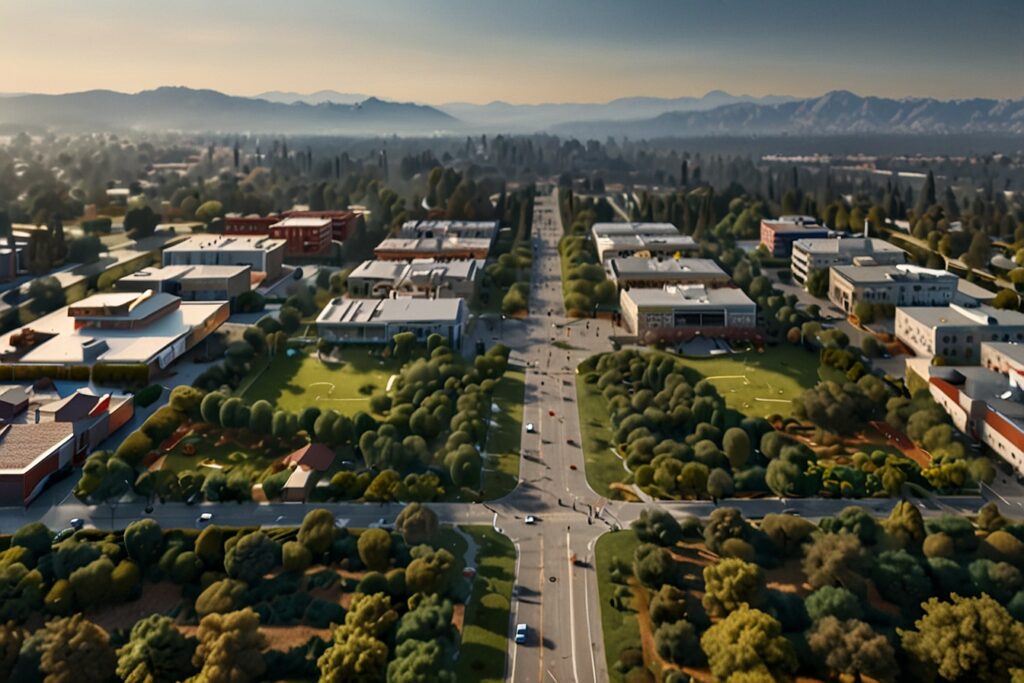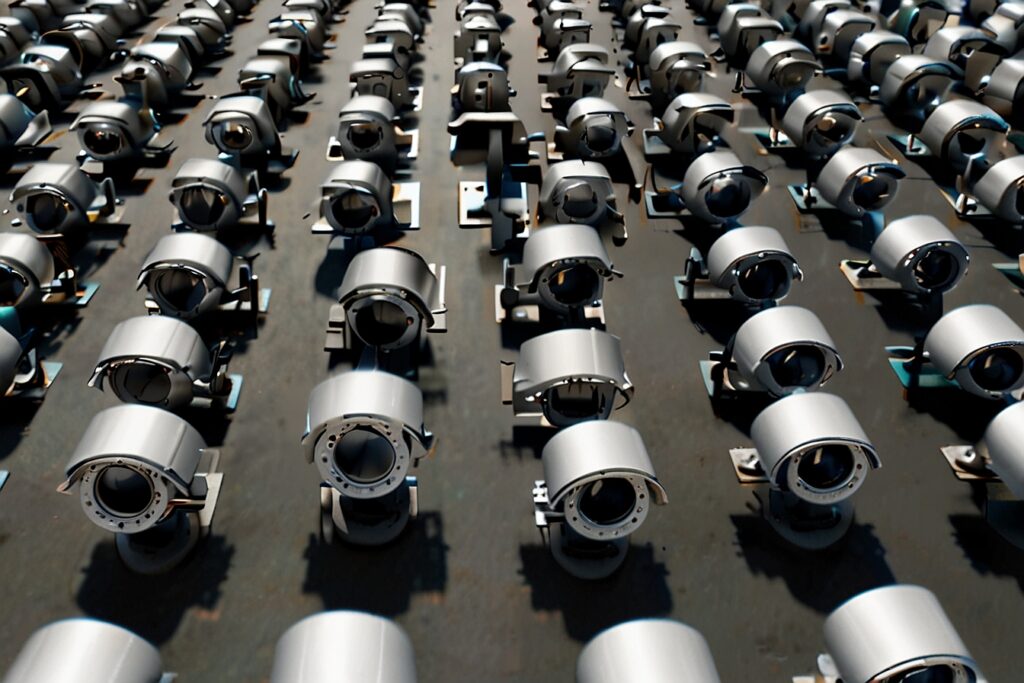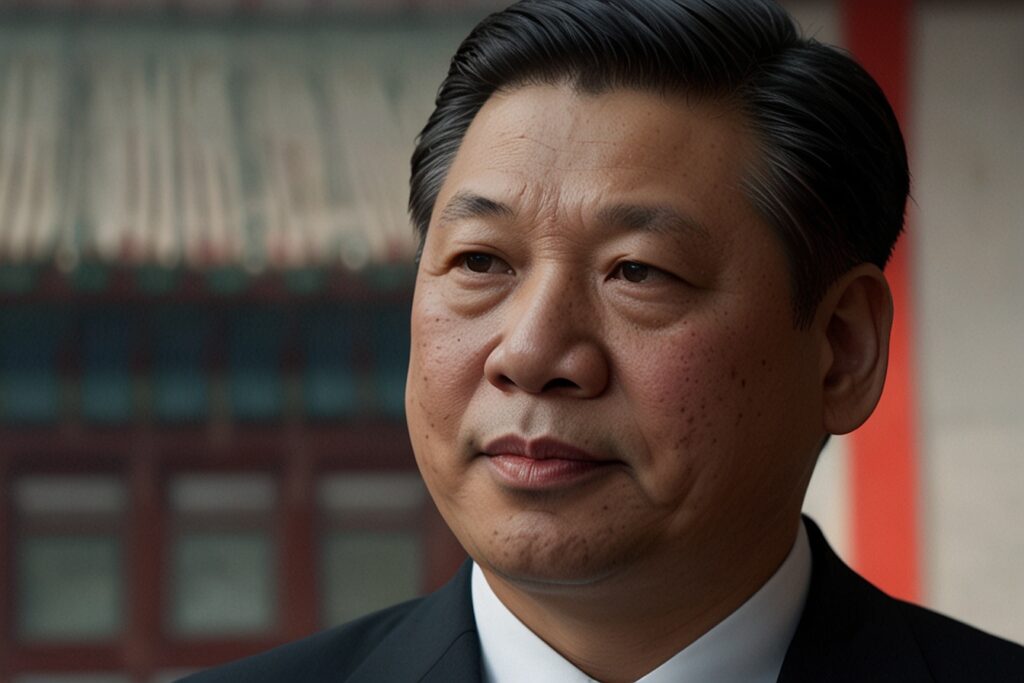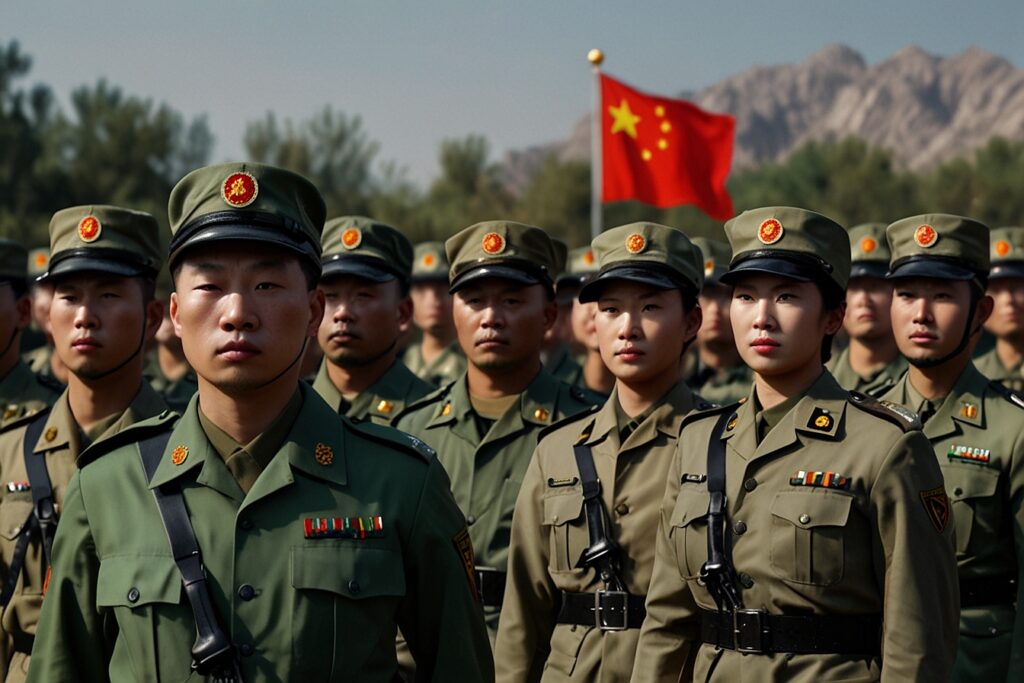“The one who conquers artificial intelligence will dominate the world. It comes with colossal opportunities, but also significant threats,” Russian President, Vladimir Putin had warned.
This statement perfectly encapsulates the current debate surrounding artificial intelligence (AI). As AI rapidly advances, the potential for transformative progress is undeniable.
However, concerns about existential risks and misuse of this powerful technology are also mounting.

The Rise of AI: From Lab Rats to Life Changers
Artificial intelligence (AI) is unlike anything we’ve ever seen before. It’s rapidly changing everything from how we work to how governments function. But how did AI go from a back-burner topic to a front-page phenomenon? Here are the key ingredients:

Bold Business Builders: A bunch of determined tech entrepreneurs took ideas and turned them into real-world applications. That’s what’s been happening with AI! These folks are driving innovation and making AI a practical tool for everyday use.
Data Deluge: Data is the fuel for AI. Just like a car needs gas to run, AI needs data to learn and improve. China, with its huge population, has a treasure trove of data, giving them a big advantage in this area.


Brainy Bunch of AI Experts: Just like any complex task, building AI requires skilled people. Countries all over the world, especially the US and China are investing heavily in training top-notch AI scientists.
Government Green Light: Imagine a government cheering on AI research and development, while also making sure it’s used responsibly. That kind of supportive environment is crucial for AI to flourish.

Silicon Valley vs. Middle Kingdom: The AI Showdown
The race for artificial intelligence (AI) leadership is heating up, with the United States and China emerging as the top contenders. These two countries are like the alpha predators in the AI food chain, far surpassing the rest of the world in their capabilities.
Silicon Valley’s Dominance: The Engine of AI Progress
Let’s take a closer look at how the US ascended to its current position as an AI superpower. The US has a long and rich history in fostering innovation, especially in technology. This culture of creativity laid the groundwork for early advancements in AI research. Here are some key factors that fueled the US rise in AI.

Strong Academic Foundation: Top universities like Stanford, MIT, and Carnegie Mellon became hubs for brilliant minds in AI research. These institutions produced groundbreaking discoveries and nurtured the next generation of AI experts.
Thriving Tech Industry: Silicon Valley, a haven for tech giants like Google, Apple, and Microsoft, became the breeding ground for practical applications of AI research.

Government Support: The US government has consistently invested in AI research through grants and funding initiatives. This support provided researchers with the resources they needed to push the boundaries of AI development. This combination of academic excellence, a vibrant tech ecosystem, and government backing propelled the US to the forefront of the AI revolution.
China’s AI Ambitions: A Kung Fu Face-Off with the US

The race for Artificial Intelligence (AI) supremacy is heating up faster than a bowl of Sichuan noodles! While the US was initially the AI Sensei, China is coming in strong, challenging for the title.
China’s immense population provides a vast pool of data to fuel AI development, while its top universities churn out a steady stream of AI talent. With the government’s full backing and substantial investments, China is rapidly closing the gap with the US in the AI race. This intense competition is set to reshape the technological landscape and redefine global power dynamics.

China’s Secret Weapon: Data, Glorious Data!
China’s got a massive population, like a billion-strong army of data generators. Add to that a network of government-controlled CCTV cameras and you’ve got a goldmine of information. This data fuels China’s AI push.
They also have mountains of data from social media, but here’s the twist: it’s under government watch. This raises eyebrows about privacy and ethics, but unlike some countries, China’s regulations on this are looser than a fortune cookie message.

President Xi Jinping’s AI Decree
President Xi Jinping, China’s top leader, declared AI a national priority. Imagine the whole country doing jumping jacks for AI! Provincial governors, kind of like regional CEOs, scrambled to attract AI talent.
The competition to please President Xi Jingping’s decree was so intense that one governor even cleared an entire neighborhood to make way for an entrepreneur’s AI vision. Now that’s some serious dedication!

Bringing Back the AI Jedi Masters
China launched a “Return to China” program to lure back talented Chinese scientists working abroad. They’re offering them grants, funding and opportunities. New universities and research institutes are popping up like bamboo shoots after a spring rain, all fueled by government grants.
China is heavily investing in AI research and development, with initiatives like the “Thousand Talents Program” to attract foreign scientists. It’s a powerful ecosystem for building AI.

The Chinese People: Divided We Stand!
The perspective of the Chinese people on this AI boom is a complex puzzle. Some might not be too worried about privacy, while others might be afraid to voice their concerns. It’s a situation that’s hard to read, like an ancient Chinese riddle.
The Chinese people’s perspective on AI development is multifaceted, with concerns about privacy existing alongside national pride in technological advancement.
No matter how you spin it, China’s all-in approach to AI is a force to be reckoned with. The US better watch out, because this AI race is a neck-and-neck competition that could change the world at a breakneck speed.
Europe and the UK: The Cautious Contenders
While the US and China are locked in a high-stakes AI duel, Europe and the UK find themselves in a more nuanced position. Their approach to AI development is characterized by a strong emphasis on ethics, privacy, and regulation, which sets them apart from their global competitors.
The European Union has long been at the forefront of data protection with the General Data Protection Regulation (GDPR). This stringent framework has established a high bar for data handling, ensuring individuals have control over their personal information.
While this approach has fostered trust and security, it has also created challenges for AI development, which thrives on vast amounts of data.

Despite the regulatory hurdles, Europe boasts a strong foundation in AI research. Countries like France and Germany have invested significantly in AI initiatives, aiming to create a thriving AI ecosystem while upholding European values. However, the fragmented nature of the EU, with different national policies, can hinder a unified European AI strategy.
The UK: A Balancing Act

The UK, while part of the EU until recently, has positioned itself as one of global AI leaders. It has a strong academic tradition in AI and a burgeoning tech industry. The UK government has outlined ambitious plans to make the country a global AI superpower, emphasizing innovation while maintaining ethical standards.
However, the UK’s departure from the EU has introduced uncertainties. While it seeks to loosen data regulations to boost AI development, it also faces the challenge of maintaining access to the European market, which is crucial for many tech companies.
Obstacles to European and UK AI Supremacy
Data Access: Europe’s stringent data protection laws can limit the availability of data for AI training, putting it at a disadvantage compared to countries with more relaxed regulations.
Talent War: Attracting and retaining top AI talent is a global challenge. While Europe has strong academic institutions, it faces competition from countries offering higher salaries and more relaxed regulatory environments.
Regulatory Burden: The complex regulatory landscape in Europe can stifle innovation and increase costs for AI companies. Finding the right balance between regulation and innovation is crucial.
Geopolitical Factors: The ongoing geopolitical tensions between the US, China, and Europe could impact AI development and collaboration.
While Europe and the UK may not match the breakneck pace of AI development in the US and China, they have the potential to carve out a unique niche by focusing on ethical AI and developing trustworthy systems. By addressing the challenges and capitalizing on their strengths, they can become global leaders in responsible AI.
India: The Dark Horse in the AI Race
While the US and China dominate the AI narrative, India emerges as a potential dark horse with immense untapped potential. With a vast pool of skilled IT professionals, a burgeoning startup ecosystem, and a growing emphasis on digital transformation, India has the ingredients to become a significant player in the global AI landscape.
India’s Strengths: A Strong Foundation

Talent Pool: India boasts a massive and highly skilled IT workforce. The country has consistently produced top-tier engineers and scientists.
Startup Ecosystem: A thriving startup ecosystem has emerged in India, with a focus on technology and innovation. This environment fosters experimentation and rapid development of AI-driven solutions.
Cost-Effective Talent: Compared to Western countries, India offers a cost-effective talent pool, making it an attractive destination for AI research and development.
Challenges Hindering India’s AI Progress
Despite these strengths, several factors impede India’s progress in the AI race:
Data Quality and Privacy: While India generates vast amounts of data, the quality and accessibility of this data are often subpar. Additionally, concerns about data privacy and security can hinder AI development.
Infrastructure: India’s infrastructure, including internet connectivity and computing power, lags behind that of developed nations, affecting AI research and development.
Research and Development: While there is growing interest in AI research, India’s investment in basic research compared to countries like the US and China is still relatively low.
Social and Economic Disparities: Caste and religious divisions, coupled with socioeconomic disparities, can hinder collaboration and talent development. These factors can also limit the potential impact of AI on society.
Bureaucracy and Red Tape: India’s complex bureaucratic processes can slow down decision-making and hinder the pace of innovation.
Democracy as a Double-Edged Sword
India’s democratic system, while a cornerstone of its identity, can also pose challenges for rapid AI development. The need for consensus-building and political considerations can sometimes slow down decision-making processes.
Despite these challenges, India has the potential to emerge as an AI superpower. With strategic investments in research and development, infrastructure, and talent development, India can overcome these hurdles. By focusing on areas where it has a competitive advantage, such as agriculture, healthcare, and education, India can develop AI solutions with a significant global impact.

Moreover, India’s emphasis on ethical AI can position it as a leader in responsible AI development. By building trust and demonstrating the benefits of AI for society, India can attract global investment and collaboration. While India faces significant challenges in the AI race, its potential is undeniable. By addressing the identified issues and leveraging its strengths, India can emerge as a global leader in AI standing head to head with the US and China.
The AI Race: A Global Challenge

The race for artificial intelligence supremacy is a geopolitical chess match with profound implications for the world order. The United States and China have emerged as the dominant players. Europe and the UK, while emphasizing ethics and privacy, strive to find their footing in this rapidly evolving landscape.
India, with its vast talent pool and growing startup ecosystem, presents a compelling case as a potential dark horse. However, the country must overcome significant hurdles related to data, infrastructure, and social challenges to realize its full potential

The development of AI is a double-edged sword. While it promises unprecedented economic growth and societal advancements, it also poses existential risks. Striking the right balance between innovation and regulation is imperative to harness AI’s benefits while mitigating its potential harms.
Ultimately, the nation that can best harness AI’s power while adhering to ethical principles will shape the future of humanity. The AI race is far from over, and the next few decades will be a critical period for determining the trajectory of this transformative technology.